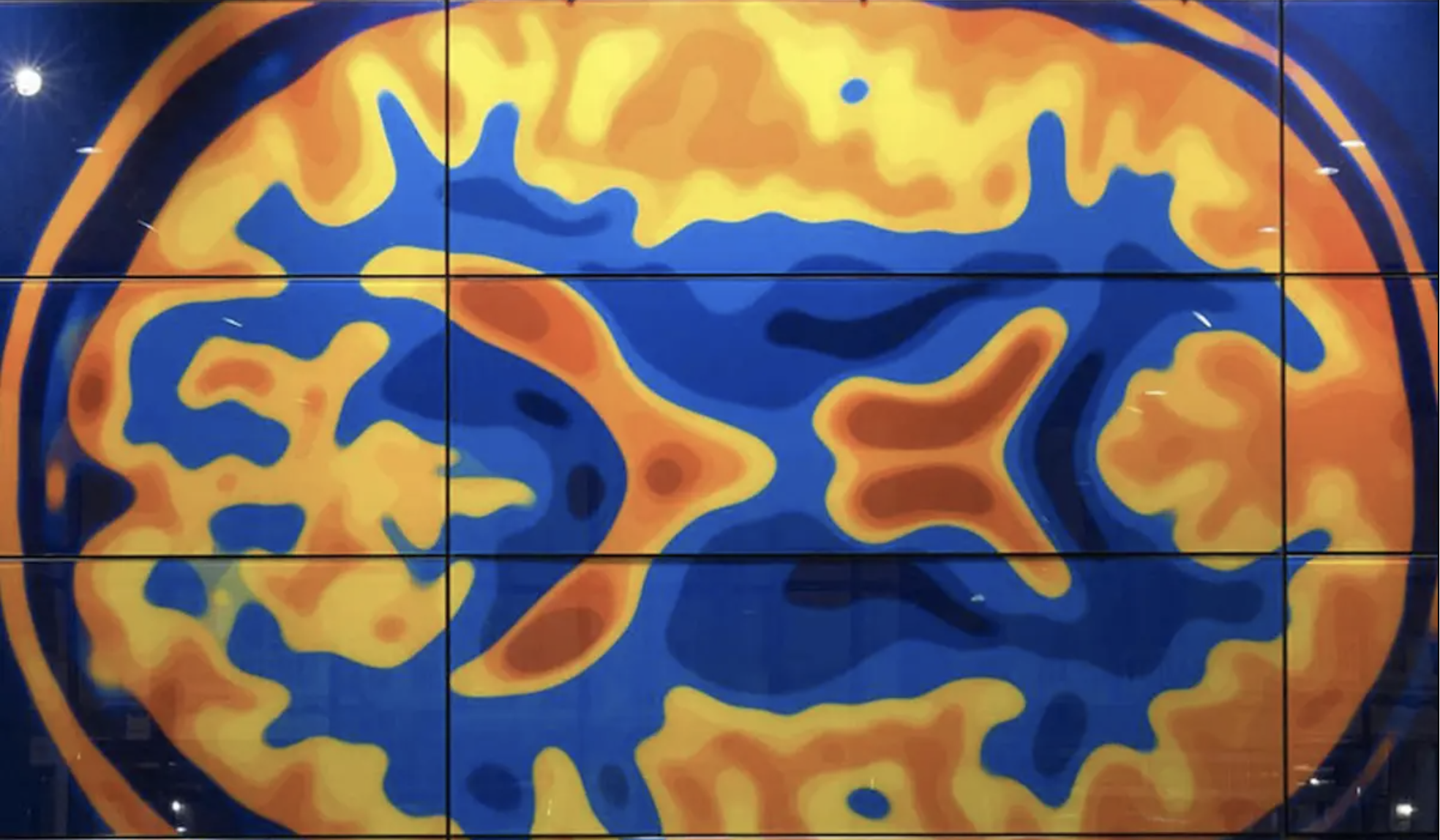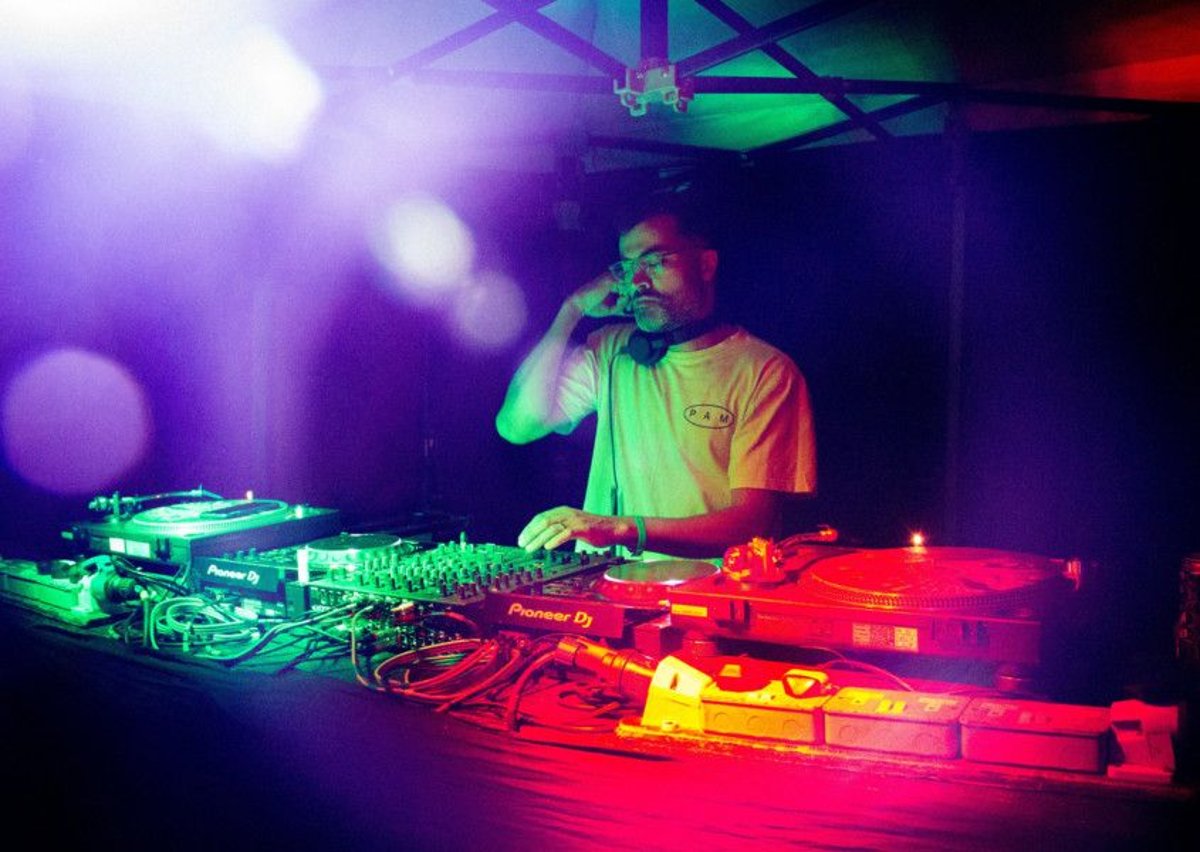Curating Music for Psilocybin Research (Part III)
09/03/2023Here are the tracks that made up the playlists Swell curated for this ...

Music plays a fundamental role in all psychedelic research. Scene and setting are hugely important. Patients are taken to a room designed to look unlike a hospital or lab space - no white walls, etc. They are designed to be comfortable, with a bed and chair, nature scape imagery, salt lamps and spiritual objects.
Trials utilise at least one trained ‘guide’ who will be with them throughout their experience, which will last between 8-10 hours. Patients are given a blindfold and headphones and allowed time to become comfortable with the setting. When ready, they are given a dose of the drug and left to experience what they experience. The dosing is set at a high level to ensure maximum impact. In the industry, this is commonly known as a heroic dose.
The Psilopain Project investigates the effects of synthetic psilocybin on sufferers of Fibromyalgia, a chronic pain condition. There are no tests for fibromyalgia, and it can only be diagnosed by excluding all other possible sources of pain. It is thought to be a result of maladaptive sensory processing in the central nervous system. This makes it hard to treat, and the factors influencing the perception of pain could be vastly different between patients. The outcomes of the condition vary too, for some it is something that has minor implications on their daily life, for others it is totally debilitating, leading to them being restricted to their homes and unable to work or participate in basic tasks.

Listen to James talking about this research as part of Brian's show on Worldwide.fm.
When Nick contacted us, the original idea was to bring together a pool of DJs who would collaborate on a 9-hour playlist. The first Zoom cohort included DJs such as Eris Drew and Heidi Lawden (as well as Nick himself) discussing how to approach the task. As time progressed, various participants dropped off, and it was left to our founder Brian to work directly with James and his team to complete the playlist.
Brian's initial thoughts were to feel somewhat overwhelmed by the weight of responsibility on his shoulders. With music being such an integral part of the experience, how could he ensure the selection would be right? For various reasons, he wouldn’t be able to meet the patients and therefore wouldn’t be able to curate the selection to match their tastes.
Instead, Brian was given a broad description of the demographic to give him a broad steer: post-40, skewed towards females, with no/very little previous psychedelic experience. James presented the typical ark of intensity and previous research from the other trials Imperial had conducted. That was instructive in helping define the playlists and type of music required.
Having set up and curated for Ambient Flo over the past 18 months, Brian was well versed in an array of ambient music that he knew would lend itself well to psychedelics, with many of the artists openly citing their own dalliances in that area as the inspiration behind their music.
This task was the perfect challenge for me, as it allowed me to use all my academic education, experience as a DJ and training in Sound Therapy in combination with each other.
Brian's training in Sound Therapy and music psychology at a degree level, has given him key knowledge on how different sound frequencies can induce altered states of consciousness. And, having produced music and DJed to thousands of people for over 20 years, he confidently knows how to compile a selection of songs in an order that unlocks a flo(w) state within the listeners.

To deliver the playlists, Spotify was initially the preferred choice but, as explained by Wavepaths - a company specializing in music for psychedelics, its linear playback system is not really fit for purpose. The music experience needed to be much more fluid - akin to a DJ set where real-time adjustments can be made without interrupting the ‘flow’ of the music. As every individual would experience the drug differently, it is crucial for the playlist to dynamically shift as the drug is having an effect.
No two DJ sets of mine are the same, and I quickly learned that trying to pre-plan a set never works.
Not too long back, we developed a piece of technology entitled Fitness Flow originally intended for yoga and gym class music. Somewhat fortuitously, it turned out to be the perfect solution for the Psilopain study. The player is based on adaptable playlists that are ordered according to precise timings across a designated total duration (i.e. a one-hour fitness class that is broken into several playlists set at different time points).
We adapted Flow to be able to handle a 9-hour session and then delivered the sections or phases of playlists to match directly to the time points instructed by James and his team.
An important part of the research was to take two EEG readings at defined time points, so Flow was able to play the designated ‘holding track’ that would allow the recordings to take place with minimal disruption to the listening experience.
The tools on the app also allow the guides to skip across either phases or individual songs easily, with no perceived interruption to the listening experience, which one may encounter with Spotify. This helps avoid any gaps or sudden stoppages due to skipping songs, which crucially could detract from the depth of the patient's psychedelic experience.